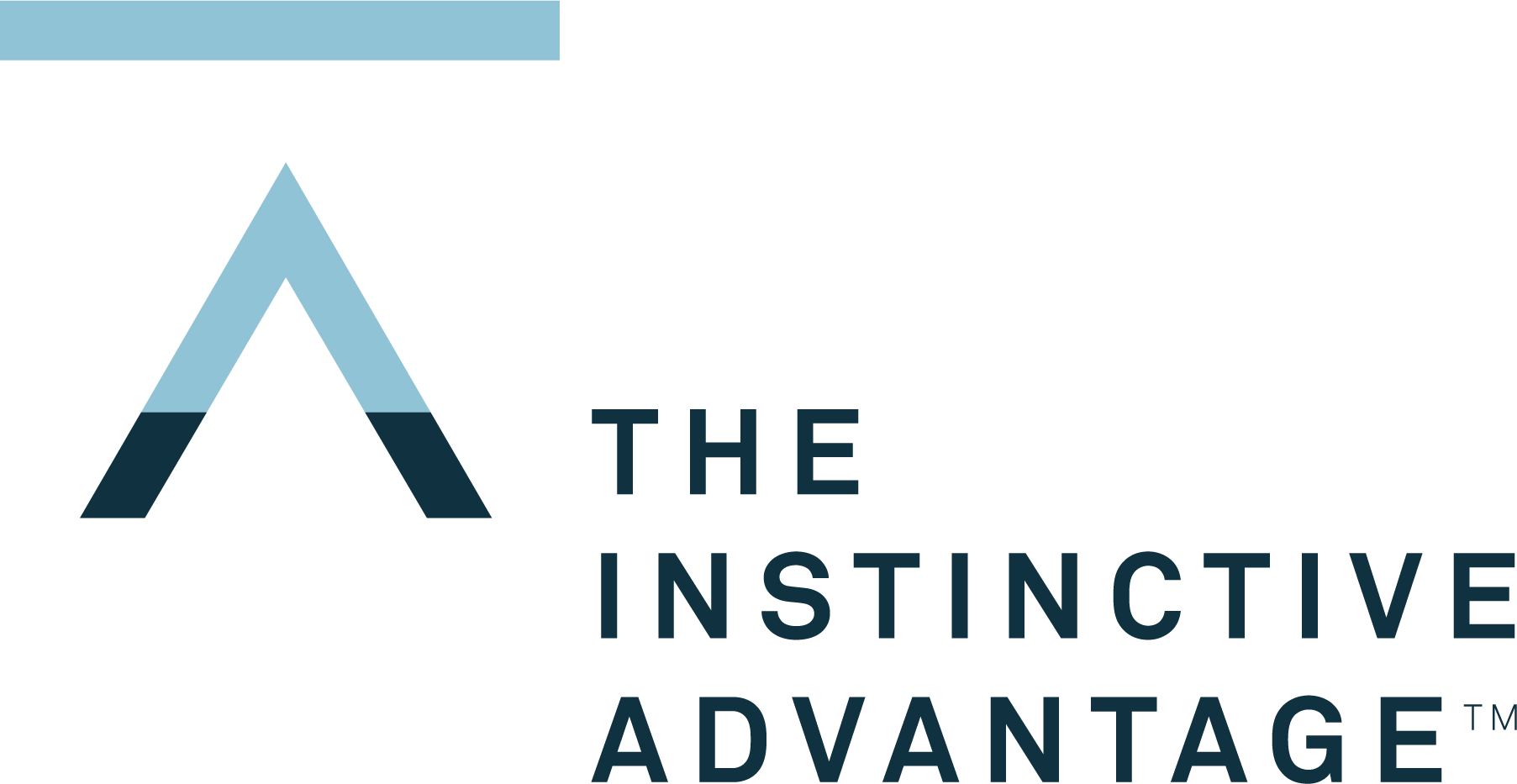The Power of Instincts: Unveiling Your Potential
When speaking about my work, the response I constantly get is “oh, Kolbe… I get it. It is a personality test”.
While I understand that many do not have the advantage to be seeped in instinct-based content all day, this response makes me cringe.
My work is based in conation - defined as action derived from instinct. It is the undertone of how each of us takes action.
Instincts are our natural, innate tendencies that drive our actions and reactions. They're the “gut” that guide us, often without conscious thought.
Understanding conation helps us tap into our deepest strengths. For businesses and individuals alike, recognizing the power of instincts and conation can unlock tremendous potential in everyday life and work.
Understanding Instincts
Dive into the fascinating world of instincts to unlock the secrets of our innate responses and how they shape our actions.
History of Conation
The term "Conation" has deep historical roots, referring to the Latin word "conatus," meaning any natural tendency, impulse, or directed effort. Over time, it became a cornerstone in psychology, focusing on the will to achieve, the drive behind actions.
However, conation faded into the background as other aspects of psychology took the spotlight. In the late 20th century, Kathy Kolbe sparked a resurgence in its importance.
Kolbe's work emphasized conation's role in leveraging personal instincts towards achieving goals, reigniting interest in how our natural tendencies influence behavior. Her contributions helped revive conation, placing it back into the dialogue of psychological research and application.
How Society Has Interpreted It
Explore how societal perspectives have shaped our understanding of instinctual behavior across different contexts.
Types of Instincts
Delve into the diverse types of instincts, survival, social, and creative, and their unique roles in guiding our actions and decisions.
Survival instincts: They are our most primal urges. They're about staying alive, dictating our fight-or-flight responses. In a modern context, this might translate to quick thinking in a crisis or safeguarding our well-being in stressful work environments.
Social instincts: These govern how we interact and bond with others. They're crucial for building relationships, teamwork, and empathy. In the workplace, these instincts help navigate office dynamics and foster a supportive culture, enhancing employee retention.
Creative instincts: These, on the other hand, drive innovation and problem-solving. They're not just about art; they're about thinking outside the box, whether it's in marketing strategies or finding unique solutions to common problems.
However, the Kolbe concept broadens this view, emphasizing action. It suggests that our instincts are about reacting and purposeful engagement with our environment.
Role in Decision-Making
Instincts, or conation, guide our choices and behaviors across all facets of life. They drive us to act purposefully and apply our intellectual energy to achieve our goals.
In the workplace, understanding the conative abilities of employees can lead to improved hiring practices and higher retention rates by aligning tasks with instincts.
For individuals, recognizing personal instincts helps leverage strengths and address weaknesses, fostering personal and professional growth.
Conation influences how we react to challenges and proactively solve problems, innovate, and persist in our efforts, making it an essential component of success in everyday life.
Conclusion
Conation, the power behind our natural instincts, plays a crucial role in approaching tasks and solving problems. The Kolbe Index emerges as a vital tool, offering deep insights into our instinctive strengths, guiding individuals and businesses towards greater understanding and improved performance.
Embrace the journey of self-discovery and team optimization by exploring the Kolbe A Index with The Instinctive Advantage. Unlock your potential and align your actions with your natural abilities for enhanced satisfaction and efficiency.
